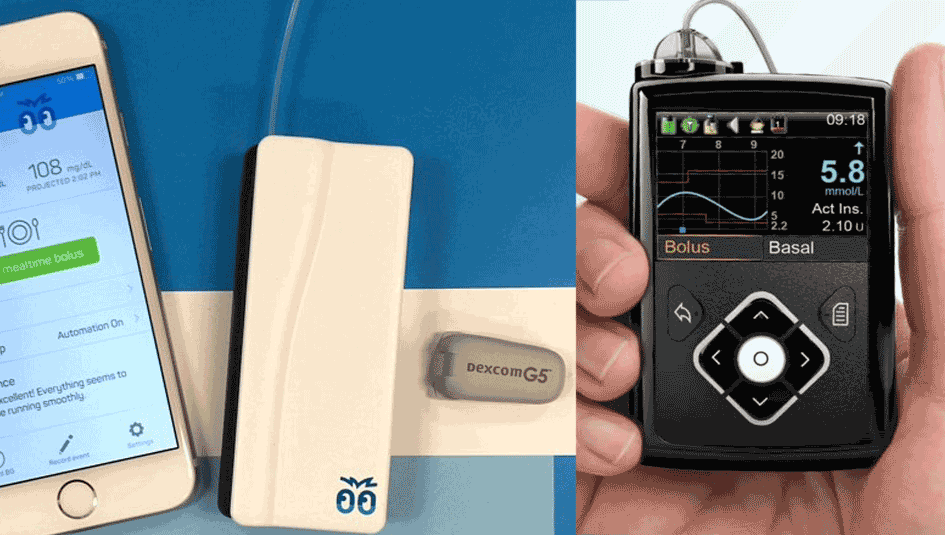FDA Slower to Approve New Medical Devices Than Drugs

As Medtronic prepares to seek FDA approval for an artificial pancreas, many have wondered why it’s taken so long to get to this point. A recent study suggests that might be because the FDA may be slower to approve medical devices than drugs, according to a report by Mass Device.
According to the Harvard Business School study, the approval process of “breakthrough” medical devices is a much more expensive and time-consuming process than that of blockbuster prescription drugs.
The study analyzed data comparing medical devices and drugs introduced between 1977 and 2007. They found that, on average, it takes medical devices 34 percent longer to receive approval by the FDA. In practice, this means that it takes approximately seven months more for devices to be approved than new drugs. It also means that researchers have to spend about $6.7 million dollars more when attempting this process.
The FDA groups new medical devices by function, instead of by operating systems. Because new devices like an artificial pancreas may have a multitude of uses and implementations, this may lead to unnecessary testing, according to researchers. Although the prescription drug approval process had only become shorter and more efficient in recent years, the same has not been the case for medical device manufacturers.
Lead researcher Ariel Stern suggests that the FDA could speed up the pace of device development if it would streamline the process to lessen the severity of “content and format related uncertainties” for companies. This would be especially important for mid-sized device companies which don’t have the same war chest to deal with such uncertainties as the Medtronics of the world.
In recent years, FDA officials have made an effort to listen to the concerns of diabetes advocates about the pace of approval for devices. It’s hoped that such efforts will help lower the average development time of devices in the future.
Thanks for reading this Insulin Nation article. Want more Type 1 news? Subscribe here.
Have Type 2 diabetes or know someone who does? Try Type 2 Nation, our sister publication.